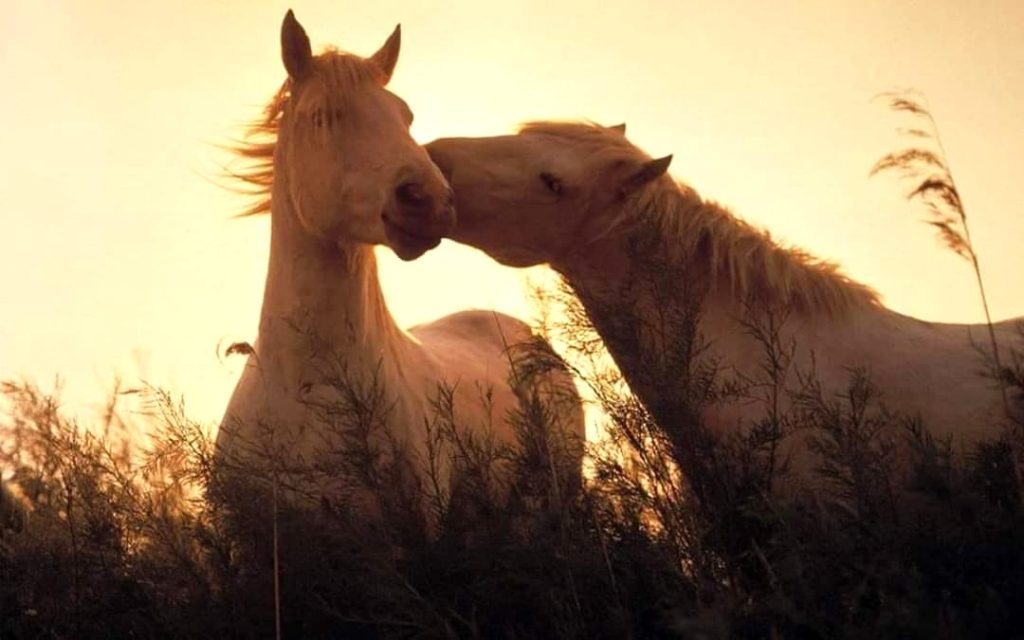Dressage is a highly specialized form of horsemanship that requires a high level of skill and training. The sport has been around for centuries, and it is a popular discipline among equestrians. But is dressage cruel to a horse?This is a question that has been asked by many people, and the answer may surprise you.
What Is Dressage?
Dressage is a French term that means “training” and is a form of horse training that focuses on creating harmony between horse and rider. It is a very precise and detailed form of riding, and it requires a lot of practice and dedication from both the horse and the rider. Dressage involves teaching the horse how to move in a series of predetermined patterns, as well as teaching the horse how to respond to cues from the rider. The goal is to help the horse become more responsive to the rider’s commands, and to create a beautiful and unified relationship between horse and rider.
The Benefits of Dressage for Horses
Dressage can be beneficial for horses, as it can provide them with mental stimulation, physical exercise, and improved communication between horse and rider. The discipline can also help horses become more balanced, relaxed, and responsive to their rider’s cues. As a result, dressage can help horses perform better in other disciplines, such as jumping and cross country.
The Potential Dangers of Dressage
While dressage can be a beneficial discipline for horses, it can also be dangerous if not done correctly. If a horse is not properly trained, or if the rider is not experienced enough, the horse could become injured. In addition, the use of incorrect equipment or incorrect training methods can also be dangerous and can lead to injury.
The Debate Over Whether Dressage Is Cruel
The debate over whether dressage is cruel to horses has been ongoing for many years. Proponents of dressage argue that the discipline is beneficial for horses, as it can provide them with mental stimulation and physical exercise. They also point out that dressage is more humane than other forms of horse training, as it focuses on communication and understanding between horse and rider, rather than force and dominance.
On the other hand, opponents of dressage argue that the discipline is cruel and can cause pain and injury to horses. They point to the use of harsh training methods, such as spurs and whips, as evidence of this cruelty. They also argue that dressage is too restrictive for horses, and that it does not allow for natural movement.
The Bottom Line
Ultimately, the answer to the question of whether dressage is cruel to horses is not a simple one. While dressage can be beneficial for horses, it can also be dangerous if not done correctly. It is important to remember that the safety and welfare of horses is of the utmost importance, and that any discipline should be done with the utmost care and respect for the horse.

